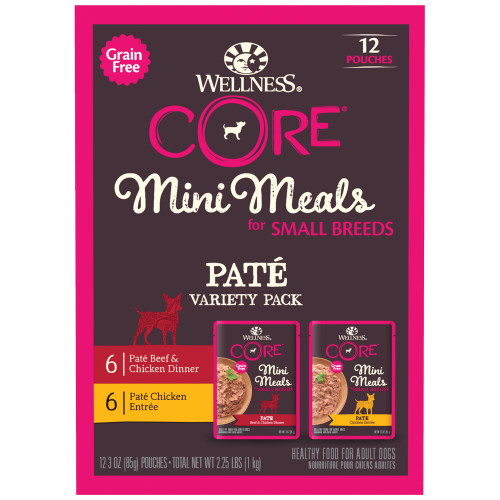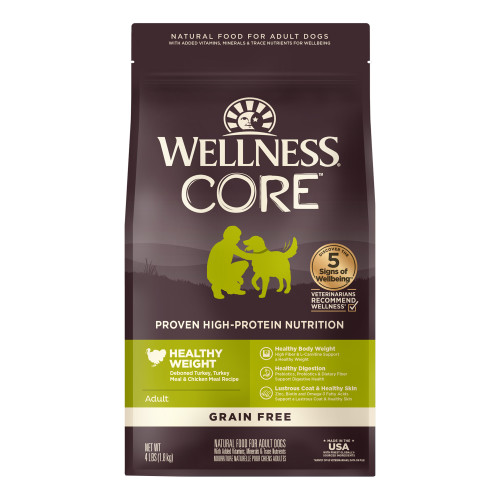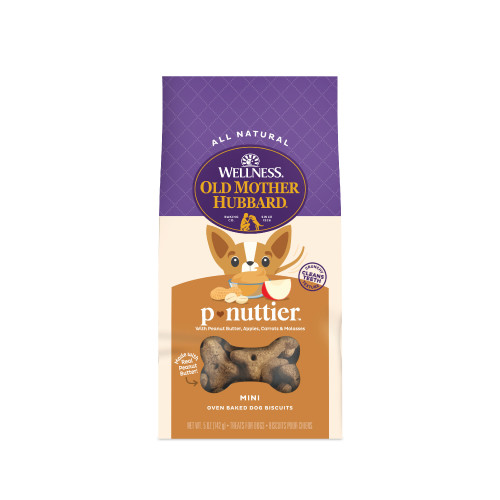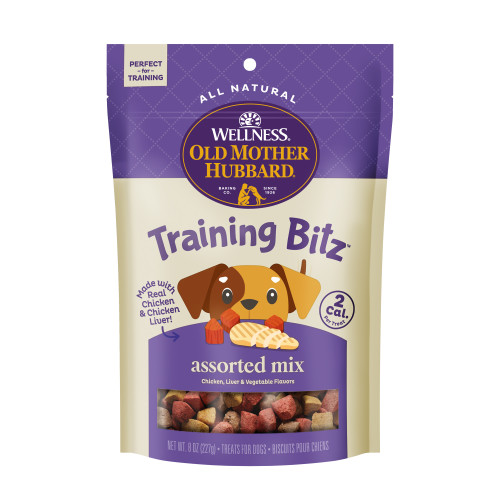February 25, 2022
What to Give Your Dog for Constipation
How to treat constipation in dogs
Your dog is constipated. Now what? Here we’ll cover constipation in dogs, and share tips on what you can give a dog that is constipated in order to help relieve their discomfort.
What is Constipation in Dogs?
Constipation is something no pet parent wants to see their dog suffering with. Presenting as a difficulty to pass a stool, the infrequent passage of stools or a total absence of any stool, constipation is the result of feces being retained in the last section of the intestinal tract for one reason or another. While in many cases some simple adjustments can help alleviate a pet’s discomfort and ensure the return of healthy digestion, in some cases, constipation can progress to obstruction where the feces become excessively hard and impacted within the intestinal tract which. Obstruction is a serious condition and can lead to permanent damage of the intestinal tract if left untreated.
What Causes Constipation in Dogs?
Constipation can occur with any condition that impairs the movement of feces through the colon. When feces are retained within the colon for an extended period, water continues to be absorbed, resulting in progressively harder and drier feces. Constipation can occur secondary to an obstruction (such as an enlarged prostate, a pelvic fracture or ingested foreign body), painful defecation (from anal wounds or orthopedic upset such as hip problems), environmental factors (such as confinement/boarding or inactivity), medications, nerve dysfunction, fluid and electrolyte abnormalities, or inadequate water intake. Because of the potential for these underlying conditions, dogs with constipation should always be evaluated by a veterinarian.
What To Give A Dog For Constipation
Nutritional Factors Important for Addressing Constipation in Dogs
Increased Moisture Intake
Dogs with constipation may be dehydrated. Hydration status should be corrected prior to initiating any dietary treatment. Free access to fresh water should be always provided and water intake can also be enhanced by feeding more wet meals, mixers or toppers or adding 2-3 parts water to 1-part dry kibble.
High Fiber Nutrition
- Try feeding your dog a higher fiber diet or adding a fiber supplement which will help increase fecal volume and frequency of defecation.
- Not many pet foods today available at your local pet specialty store are especially high in total fiber so should your veterinarian recommend a higher dietary fiber intake, a fiber supplement if often needed in addition to your dog’s daily nutrition.
- Transitioning to a higher fiber diet or adding a fiber supplement should be done slowly over four to five days to monitor a pet’s response and in all cases, megacolon, obstruction, or partial obstruction of the colon should be ruled out by your veterinarian prior to initiating any high fiber diet or fiber supplementation.
Highly Digestible Nutrition
- For disease conditions associated with colonic obstruction, partial obstruction or mega colon, feeding a highly digestible diet to decrease fecal mass is a more appropriate nutritional requirement to help minimize constipation reoccurrence.
- Many Wellness diets have high digestibility and are energy dense nutritional choices but one brand with the highest digestibility in the Wellness portfolio is Wellness CORE Digestive Health. Discuss all dietary recommendations with your veterinarian prior to making any diet selections or changes.
Other Considerations:
If dietary therapy alone is not successful in preventing recurrence of your dog’s constipation, oral laxative medications may be recommended by your veterinarian alongside behavioral and lifestyle changes. Confinement or lack of activity for instance can contribute to constipation in dogs, so implementing a regular exercise routine or walking schedule may be helpful.
Monitoring & Following Up
- Work closely with your veterinarian to monitor and adjust treatment as needed.
- Response to treatment can be monitored by recording daily bowel movements and fecal characteristics.
- Success of treatment is characterized by return of frequent bowel movements, absence of straining or pain on defecation, and normal fecal consistency.
- With the right care and plan, many pets that suffer from constipation can enjoy an improved quality of life and optimal digestive health.






